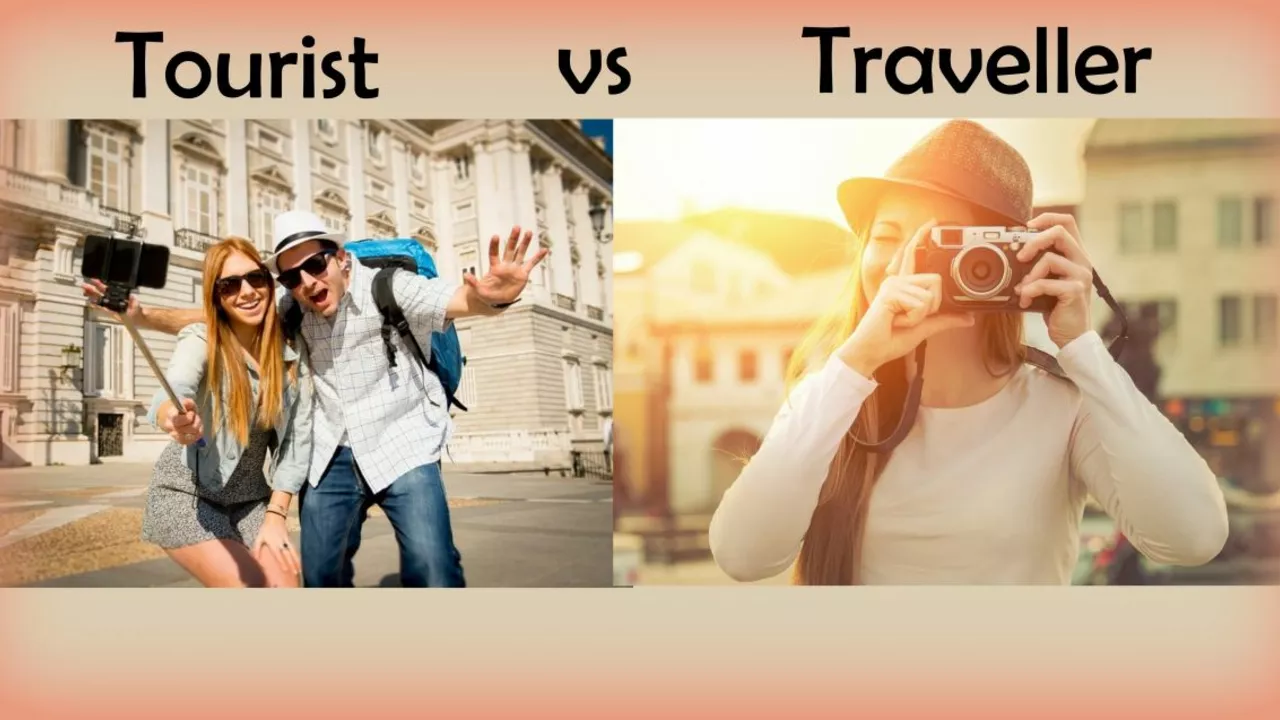Understanding the Concepts: Tourist and Tourism
To get started, it's crucial to understand the fundamental difference between a tourist and tourism. By definition, a tourist is a person who travels from their usual environment to another, for a period not exceeding one year, for various reasons such as leisure, business, or other personal purposes. In contrast, tourism is the activities of such tourists and the industry that supports these activities.
Essentially, a tourist is an individual or a single component, whereas tourism is the broader concept encompassing various aspects such as transport, accommodation, attractions, activities, marketing, and management. Without tourists, there would be no tourism, and without the tourism industry, the experience of tourists would be significantly different.
Differentiating Between the Roles and Experiences
The role of a tourist is to engage in tourism activities that interest them, enjoy the experience, and have a positive impact on the destination's economy. The tourist's experience is highly subjective and depends on individual preferences, expectations, and the quality of services provided by the tourism industry.
On the other hand, the role of the tourism sector is to facilitate and enhance the tourist's experience. This includes providing services like transportation, accommodation, food, and activities, and ensuring safety and comfort. The success of the tourism sector is measured by tourist satisfaction, economic benefits, and sustainable practices.
Exploring the Economic Impact: Tourist vs. Tourism
A tourist contributes to the economy of the destination by spending money on various services like accommodation, food, transportation, souvenirs, and activities. The money spent by tourists often goes directly into the local economy, supporting local businesses and generating employment.
Tourism, on the other hand, has a broader economic impact. It contributes to national income, generates employment, attracts foreign exchange, and stimulates the growth of the tourism and allied sectors. However, the economic benefits of tourism are not limited to monetary gains. They also include infrastructure development, cultural exchange, and conservation of natural and cultural heritage.
Understanding the Environmental Implications
A tourist's activities can have both positive and negative environmental impacts. On the positive side, tourists can contribute to conservation efforts by participating in eco-tourism activities and supporting businesses that prioritize sustainability. On the flip side, irresponsible tourist behavior can lead to pollution, waste generation, and damage to natural and cultural heritage.
In the case of tourism, the environmental implications are more complex. Well-managed tourism can contribute to conservation and sustainability. However, uncontrolled tourism development can lead to environmental degradation, loss of biodiversity, and cultural dilution. Hence, sustainable tourism practices are crucial to mitigate the negative impacts and enhance the positive contributions of tourism.
Examining the Cultural Interactions
A tourist engages in cultural interactions by visiting cultural sites, participating in cultural activities, and interacting with local people. These interactions can lead to cultural exchange, understanding, and appreciation. However, it can also result in cultural misunderstandings and conflicts if tourists do not respect local customs and traditions.
Tourism facilitates cultural exchange and promotes understanding among different cultures. It provides opportunities for preserving, showcasing, and promoting local culture and heritage. However, it can also lead to cultural commodification, stereotyping, and loss of cultural identity if not managed carefully. Therefore, responsible tourism practices are essential to ensure respectful and mutually beneficial cultural interactions.




